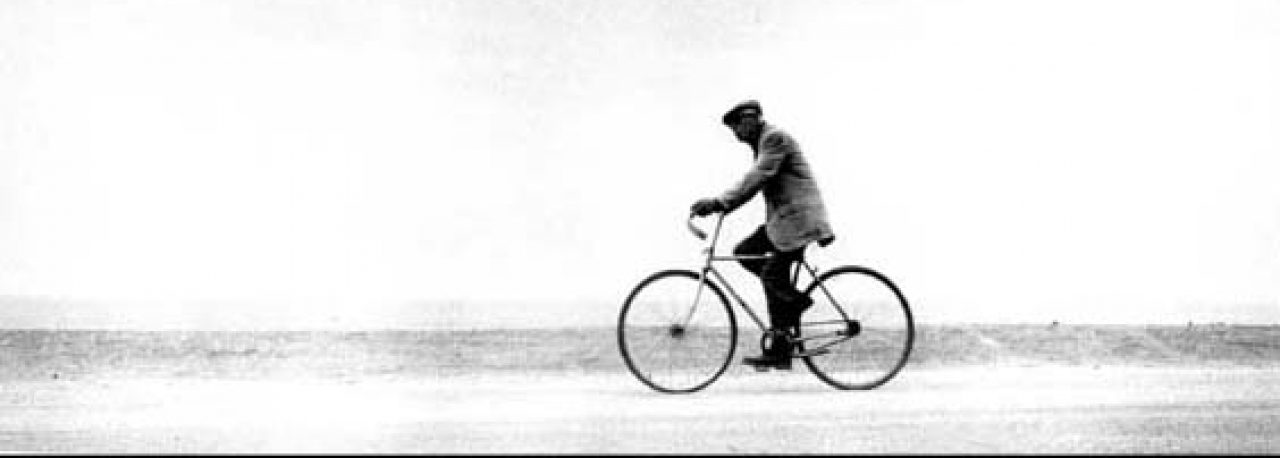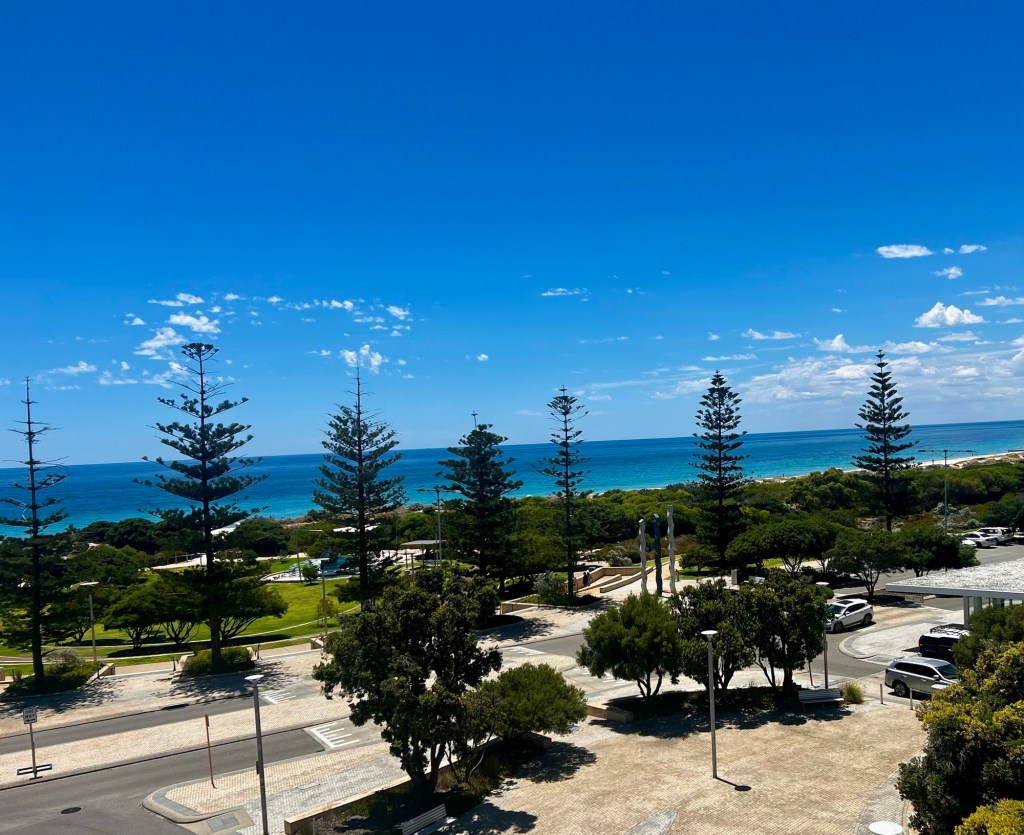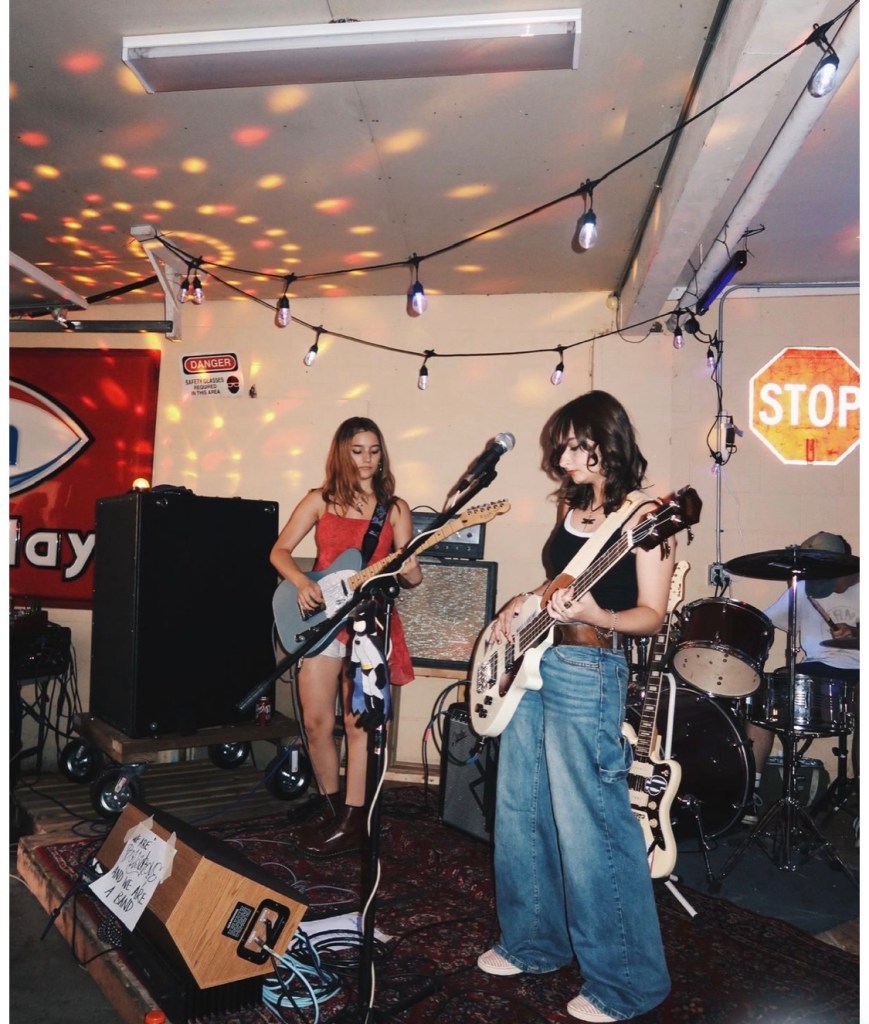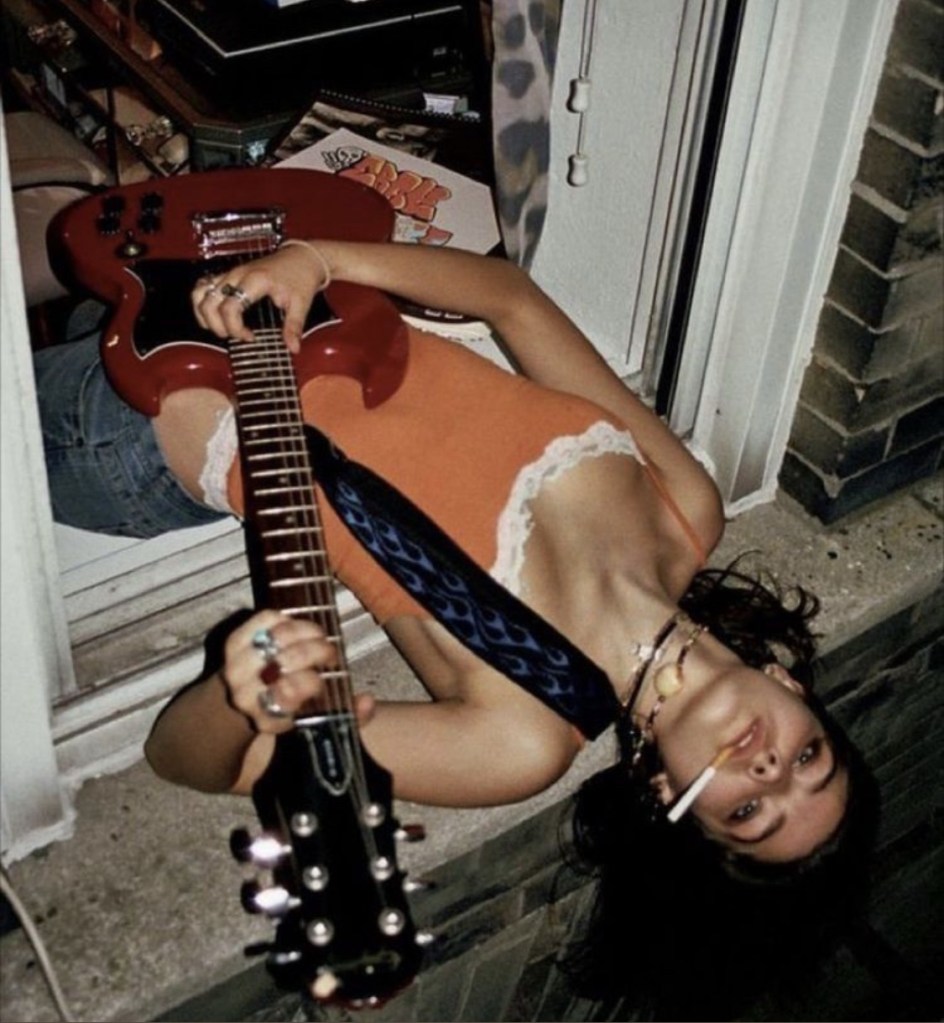
I’m not sure where this comes from. Just more idealistic pacifist bullshit, I suppose.
Is it just me, or do these ghastly displays of military hardware and rows and rows of robotically obedient marching adolescents make others sick to the stomach? Isn’t it about time we stopped comparing the sizes of each other’s dicks? Was Darwin wrong? Are we evolving at all?
Especially now when we witness one little boy’s ego throw the world into turmoil is it not time to simply say no?
Guns do not make us strong. They camouflage our weakness.
***
No.
I will not raise my hand
in anger.
Or to hold up your ego
I will not be your fist
or your Frankenstein.
Nor hide my humanity
behind a flag or an anthem or a uniform.
For I have witnessed the birth of evil,
and will not nurture its offspring
nor speak it’s native tongue
nor follow it to foreign lands.
I will not sit at it’s table,
drink it’s wine
and share it’s breath.
For the taste of death
is the same in any language.
***



